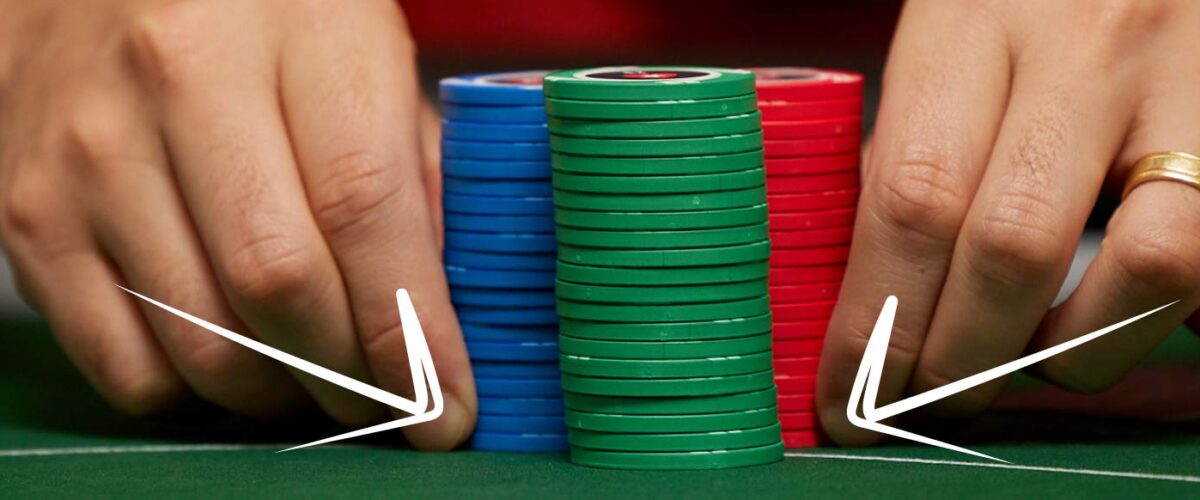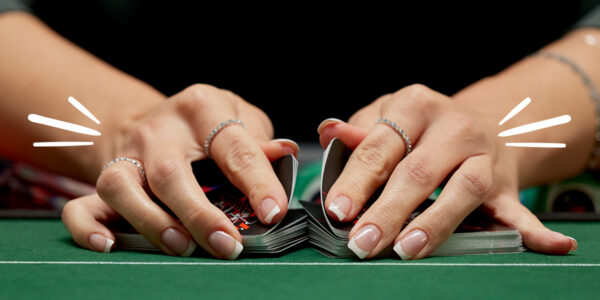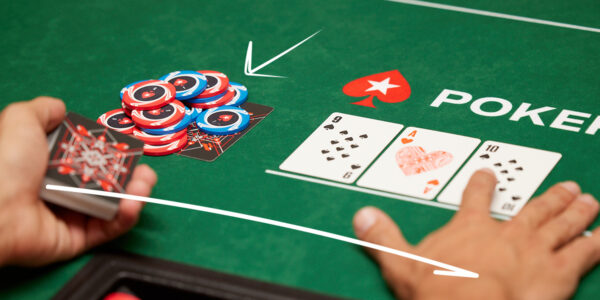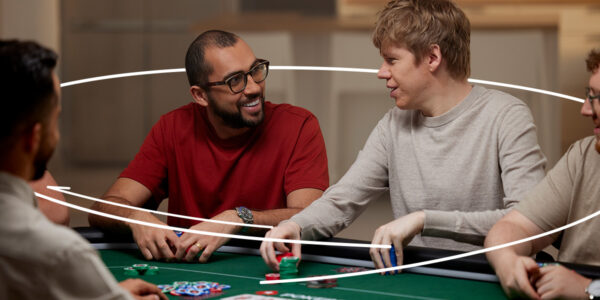5 Situations When You Should Consider Limping Instead of Raising
Limping is a pre-flop action where a player only puts in the amount equal to the big blind.
You’ve probably heard that limping in poker tournaments is considered a weak play, and that before the flop you should only ever open-raise or fold.
But, there are certain situations where limping is not only an effective move but actually the best play theoretically.
Let’s go through five situations when you should consider limping instead of raising.
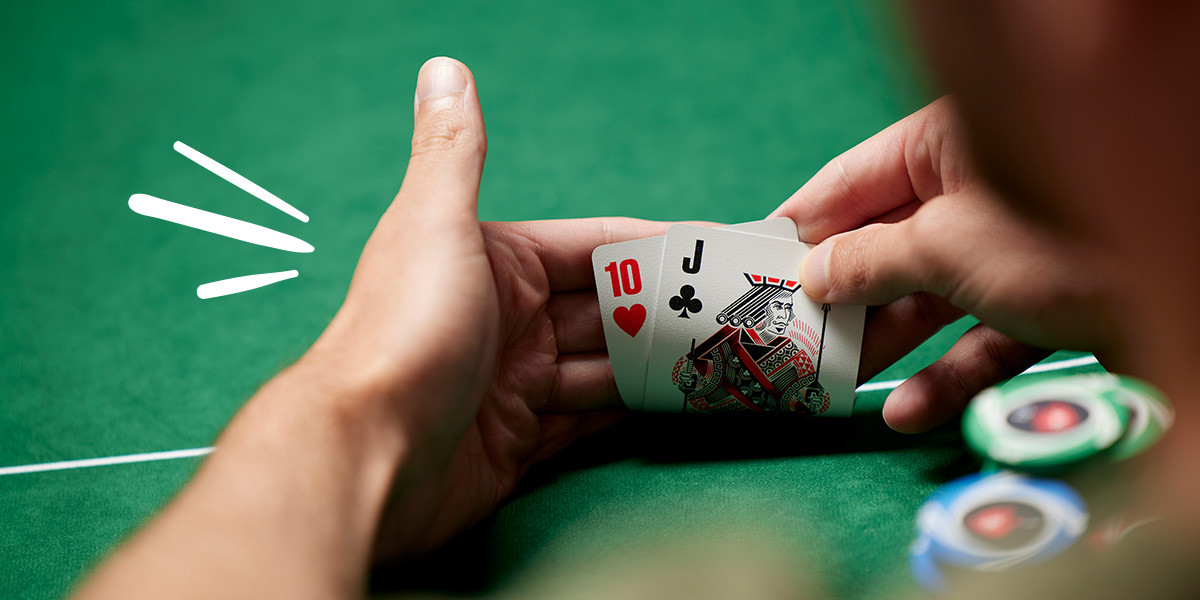
Small blind completes
This first situation is the most common of them all and technically isn’t even considered a limp, but rather a ‘complete’.
It’s when the action folds around to you in the small blind and you simply complete the big blind (i.e., add the other half of a blind). Essentially, you’re calling the blind and giving the player in the big blind position a decision to make: either check or raise.
For a long time, poker coaches advocated for a ‘raise or fold’ strategy from the small blind. The reasoning was that if your hand is good enough to call, you should raise it and try to take down the blinds and antes. If it’s not, just fold and save yourself from playing out of position post-flop.
But as strategies have become more sophisticated, it’s now clear that our small blind strategy should be more nuanced and mixed, making it more deceptive.
Let’s say it folds to us in the small blind and we’re 30 big blinds effective. While we still want to fold the junk hands (the worst offsuit combos, like nine-deuce and eight-three), we’re able to call (“limp”) with many starting hands (almost two-thirds) including every single suited hand.
Should the big blind raise, we can call and see a flop with the stronger hands in our range. If they check, we get to see a cheap flop with a super wide range that the big blind is going to have a tough time pinning down.
Raising to 3-4 big blinds is reserved for our strongest hands and bluffs – for example, big pocket pairs but also hands like king-five offsuit and jack-three suited that just want to get our opponent to fold.
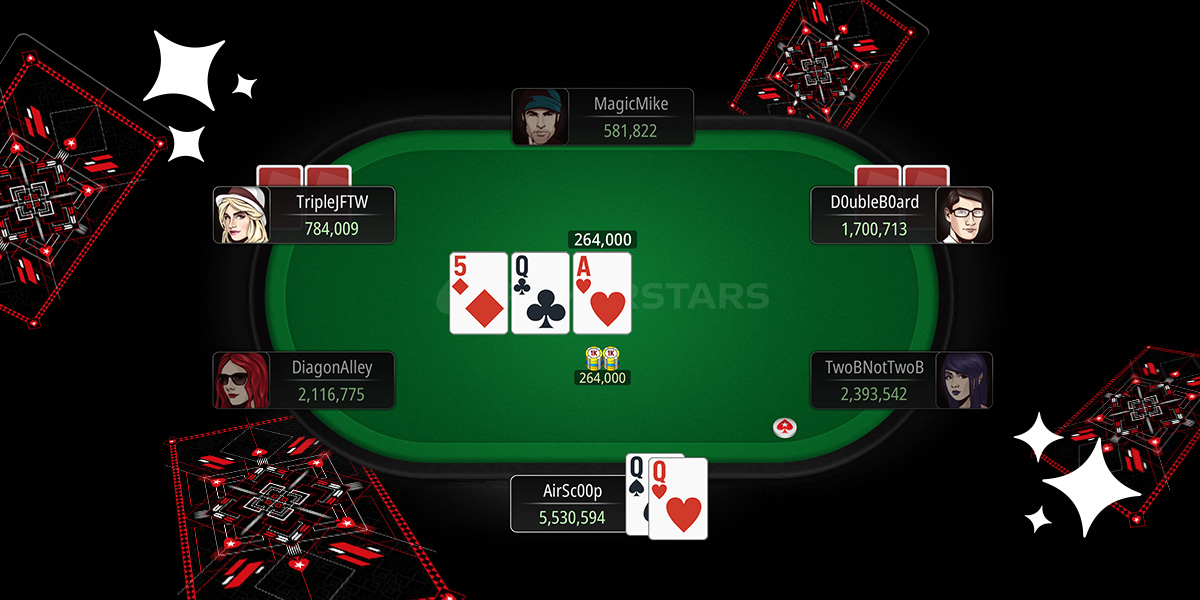
Monster hand / Short stack / Early position
Here’s another situation where it not only makes sense to limp but is also solver approved.
Let’s say you’re short-stacked with just 10 big blinds in early position and you’re dealt pocket aces.
Sure, you need a double-up to improve your chances in the tournament. But is moving all in the best way to get action?
No. Obviously, you should base your final decision on table dynamics: the stacks of your opponents, recent pots etc. But in theory, limping is the best move here.
It allows your opponents the space to put money in the pot, meaning you could more than double up if things go your way. After all, a limp often encourages limping behind, which in turn encourages players to raise in order to isolate or force everyone to fold.
Even if you end up going up heads-up to flop versus the big blind, you’re going to have the best hand post-flop most of the time.
Under the gun, you should also try limping with pocket kings too. But remember, you can also add weaker hands into your 10-big-blind limping range from early position, such as low-suited aces, king-jack offsuit and pocket fives.
Short stacked on the button
It’s not just from early position that you should consider limping when short-stacked (~10 big blinds).
The button is also a great position to limp as you really should have no raising range. It’s optimal to play a shove, limp or fold strategy off 10 bigs. But when your only raise size is to shove, you risk getting no action with your strongest hands.
By limping pocket aces, kings, queens, and even jacks, you can elicit action from the players in the blinds. If they don’t raise, you either get to see a cheap flop with a weakish hand (king-eight offsuit, for example) or play in position with your strongest.
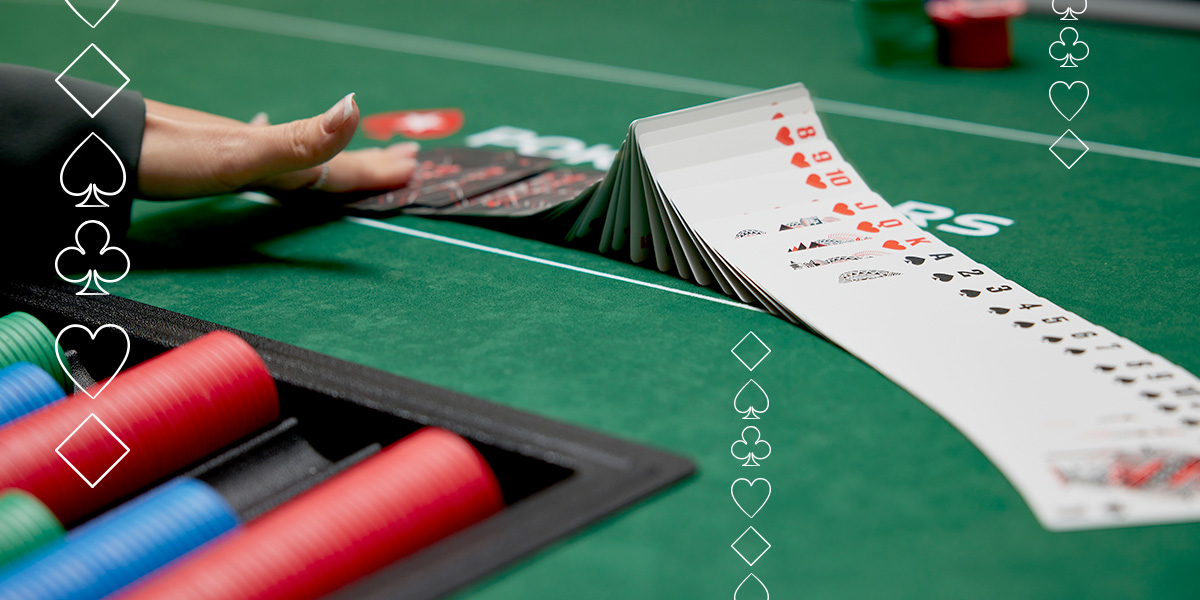
Covering stacks in PKOs
This next situation is one you see frequently in Progressive Knockout (PKO) tournaments, at all stakes.
In PKO tournaments, all players have bounties on their heads that are eventually awarded to whoever knocks them out. The more bounties you win, the larger your own bounty becomes.
When you have the biggest stack at your table in a PKO tournament, you’re in a very powerful position. You can eliminate every player at the table and win their bounty, whereas they can’t win yours, which discourages players from tangling in big pots against you.
Now, when there’s a short-stacked player at the table – particularly one with a large bounty on their head – it’s common to see the big stack limp. This is because they want to see flops cheaply versus the short-stacked player or put pressure on other limpers by setting them all in should the short-stack player shove.
If your stack is big enough you can limp like this with your full range of hands, although it’s still definitely recommended that you open-raise with your strongest hands often.
Over-limping
The final situation we’re going to mention isn’t the most exciting, but it can lead to some very interesting situations.
If one or more players before you limp in, you could also limp. This is called over-limping.
Players do this for a variety of reasons:
- To see a cheap flop with a hand they would have folded to a raise
- They get good pot odds and can comfortably fold should anyone raise behind
- They can trap with big hands and back-raise if a player behind raises
The latter of those points is particularly effective in PKO tournaments when there are short stacks behind you.
When you limp, you don’t show strength. So not only might you see the short-stacked player raise or even shove, but you could also see one of the initial limpers move all in over the top in a bid to isolate the all-in player.
If you’re sitting there with pocket kings, this is music to your ears.
Condimentum Nibh
Donec sed odio dui. Cras mattis consectetur purus sit amet fermentum. Vestibulum id ligula porta felis euismod semper. Curabitur blandit tempus porttitor.

